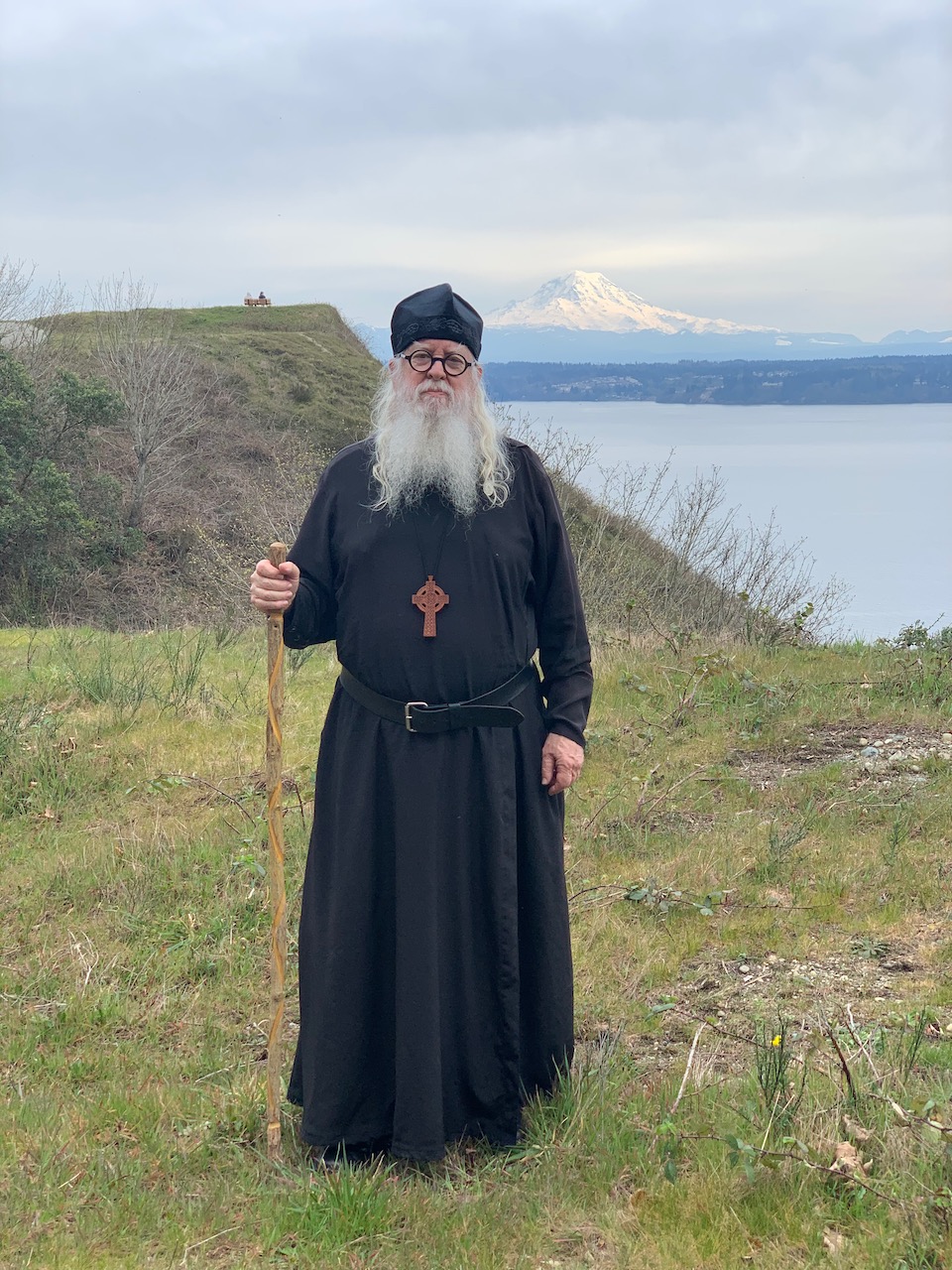Sunday of St. John Climacus
The memory of this Saint is celebrated on March 30, where his biography may be found. He is celebrated today because his book, The Ladder of Divine Ascent, is a sure guide to the ascetic life, written by a great man of prayer experienced in all forms of the monastic polity; it teaches the seeker after salvation how to lay a sound foundation for his struggles, how to detect and war against each of the passions, how to avoid the snares laid by the demons, and how to rise from the rudimental virtues to the heights of Godlike love and humility. It is held in such high esteem that it is universally read in its entirety in monasteries during the Great Fast.



